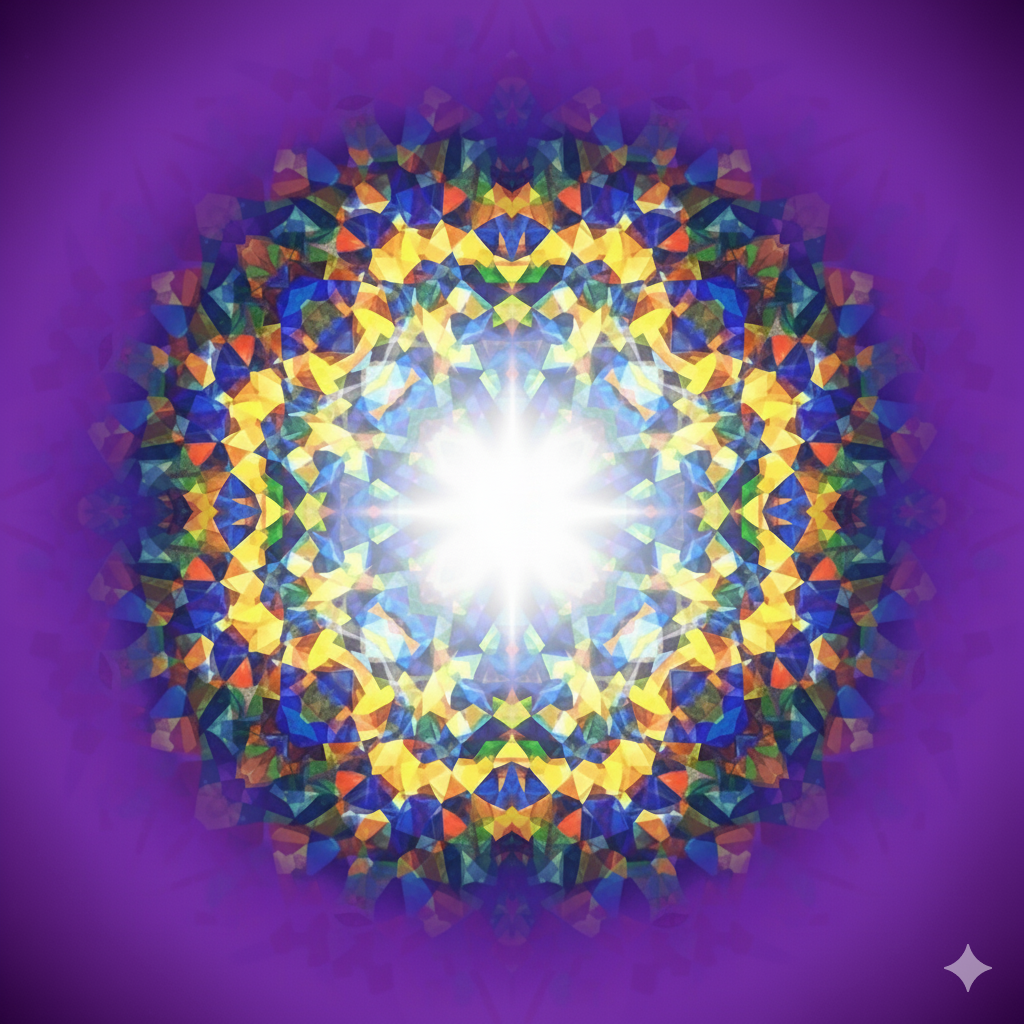Infinite Lenses on God

There are many lenses of God as there are cultures, religions and people. In my class on multicultural issues within the counseling profession, it’s made clear that every individual is a unique hybrid of many different cultures—cultures such as ethnicity, age, interests, socio-economic status, level of acculturation or enculturation with other cultures, religion, spirituality, gender, nationality, and the list goes on.
What struck me was how spirituality and religion are related yet distinguishable.
Each of us has within us a specific and subjective lens on the reality. This exact topic was what I chose to be my thesis paper in my philosophy undergrad major. Garrett J. McAuliffe’s book (2019) Culturally Alert Counseling, A Comprehensive Introduction, which I think should be on high school reading lists, distinguishes religion from spirituality as religion is the “doctrinal, external and limited to group membership” whereas spirituality “imposes no doctrinal system, is private, and is universal.”
According to McAuliffe, the Latin root word for religion is religare, which means to “tie-back” or “tie-to,” whereas the root word for spirituality is spirare, which means “to breathe.”
Several (not all) religions have roots in power and money when you examine their foundation and history, however, this does not negate that they also accomplish great things in terms of unifying the community around benevolent teachings. The people within the church, the community, often have pure, spiritual intention opposed to the corruption within the ruling institution. The collective's spiritual intention overrides the corruption and control of their respective religious establishments. In essence, nothing is black and white. Everything has dark and light.
Like anything in life, we must look at the roots—the roots of the words and their meanings, the roots of history and the purpose of establishments such as the Catholic Church, for instance. One can separate the teachings of Christ, for instance, and good intentions of members within the Church vs the darker reality of the Church as a power structure.
As living beings, there are infinite ways to experience the presence of God, the universe, or whatever we deem to experienced as divine or sacred. Some experience through scripture, spending time in nature, or/and through love, community, connection. I've always considered myself more spiritual than religious because I realized early on that there can be many different lenses (or interpretations) of the same eternal truth. My Catholic high-school was forward enough to teach a philosophy-based worlds religion's class, and early on I came to realize that across the 12 major world religions that we studied, the one commonality I could find between them was that God = Love.
Whether you're Jewish, Muslim, Hindu, Christian, Buddhist, Shinto, Sikh, (or agnostic), there are as many lenses on the sacred as there are people, in the broadest definition of culture, and therefore we all will have our own subjective experience of spirituality within this world.
The beauty of learning, if we are open to it, is that we can adjust our lens the way a kaleidoscope changes shapes and colors as we encounter other people who carry different points of view and experiences. Our aperture can suddenly widen or narrow, yet in my mind the picture shows the same thing, but in an alternate way. That doesn't mean we have to drop our own beliefs to accept another's; it just means widening our view.
In our own lives, and in our own religions (if you belong to one), it's important to distinguish between truth and dogma, and realize our views are meant to be ever evolving...jut like the Universe.
Soul-Prompt: Am I more spiritual or religious right now? Why? What role does religion and/(or) spirituality play in my daily life? How do I experience the sacred?
